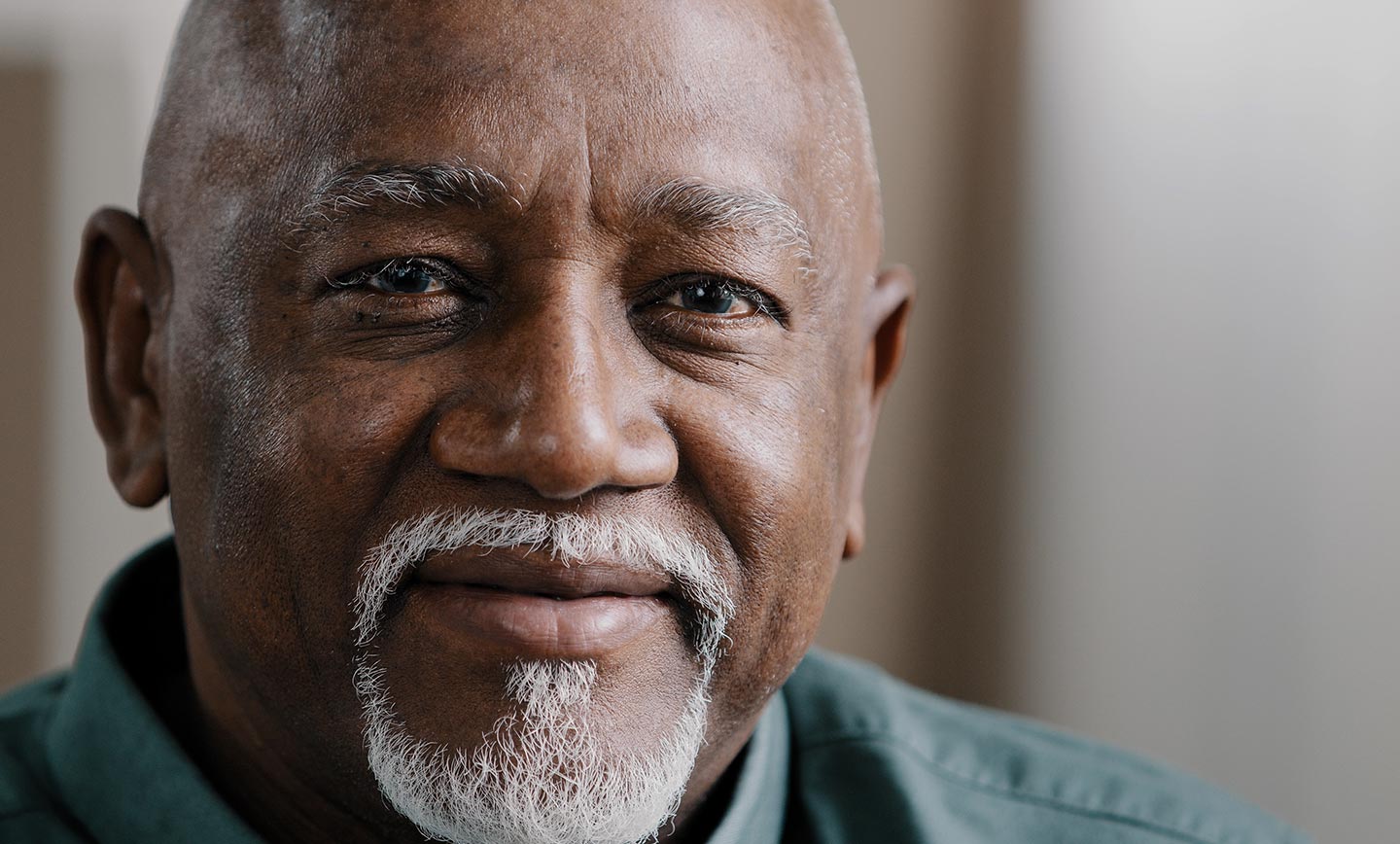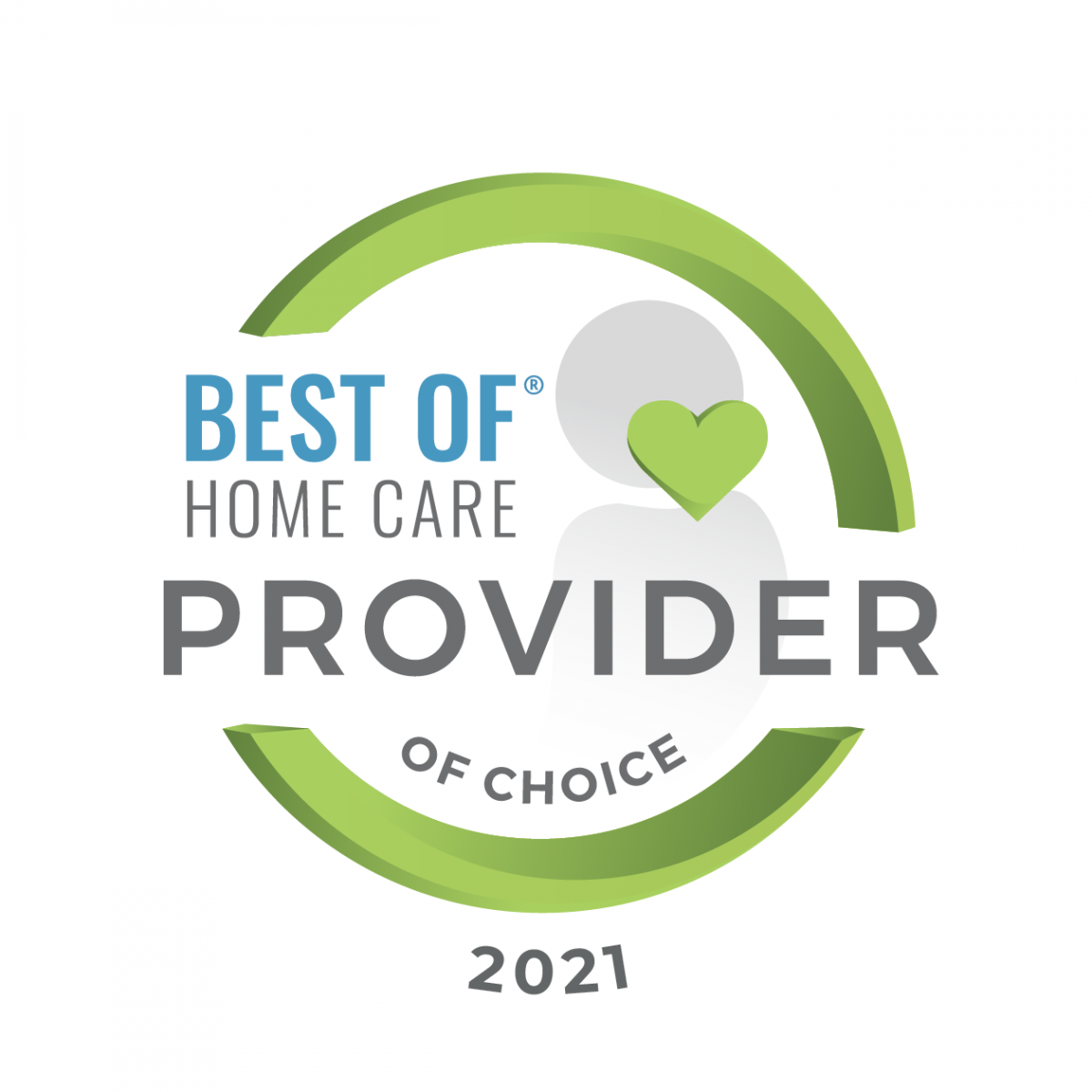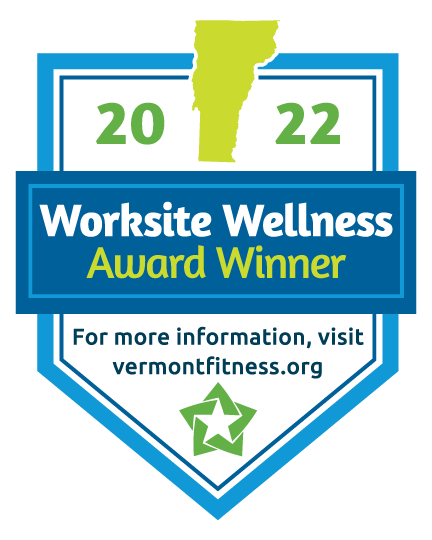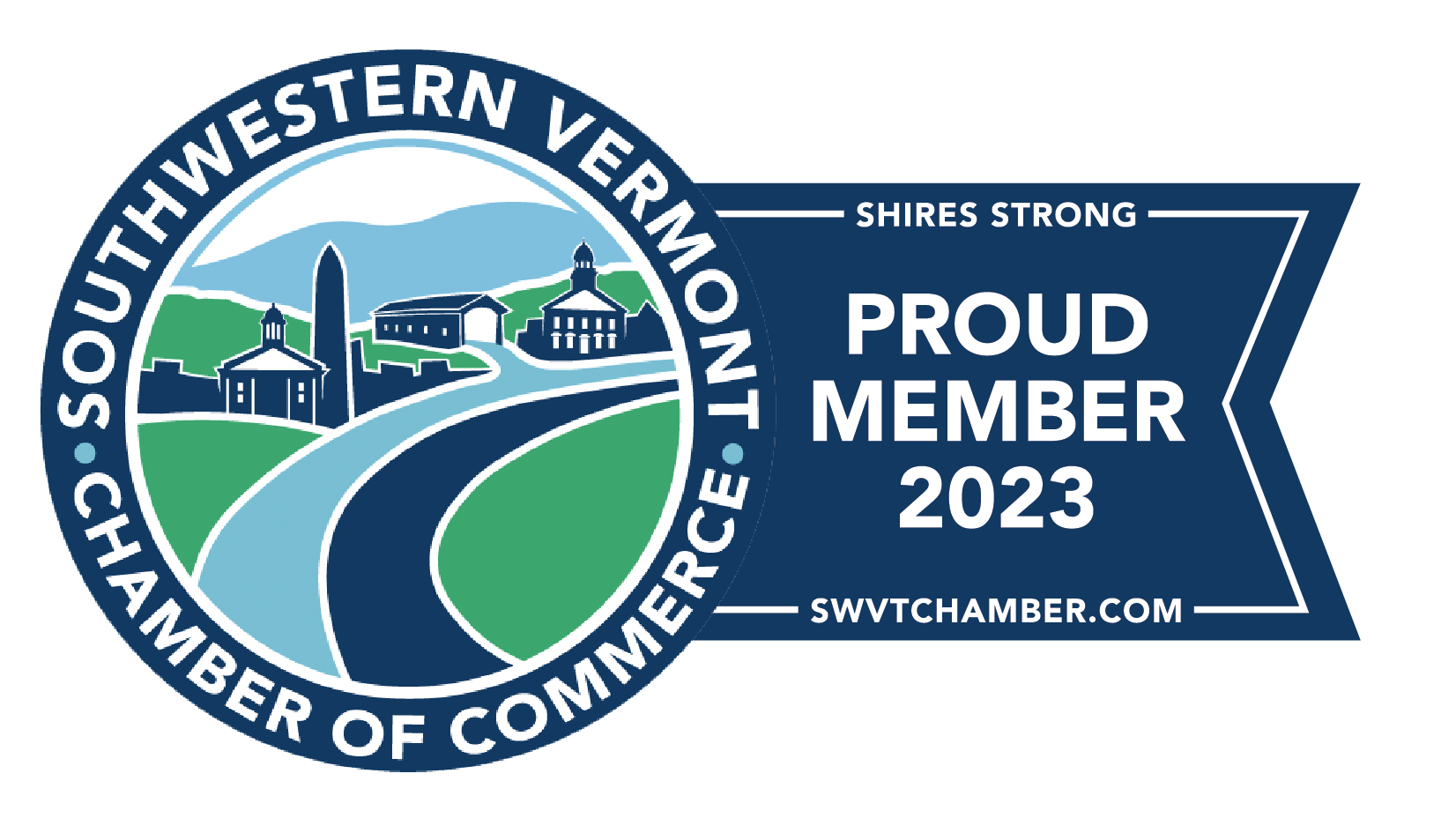What is Hospice?
Hospice care is a specialized care option for persons with a life-limiting illness. It neither hastens nor postpones death. It is a family-centered, team approach that includes a doctor, nurse, social worker, counselor, chaplain, home health aide and trained volunteers. Our team works together focusing on the person’s physical, psychological, social and spiritual needs. They address the issues most important to the person’s wishes at the end of their life and improving the individual’s quality of life. When medical care cannot offer a cure, hospice provides care, comfort, and support to the patient as well as for their family. Visiting Nurse Association & Hospice of the Southwest Region offers Hospice care throughout Bennington, Franklin, and Rutland Counties.
-
 Hospice CareHospice CareWe provide compassionate care for loved ones during the end of their life.
Hospice CareHospice CareWe provide compassionate care for loved ones during the end of their life. -
 Palliative CarePalliative CareWe provide specialized comfort and support for loved ones with life threatening conditions.
Palliative CarePalliative CareWe provide specialized comfort and support for loved ones with life threatening conditions. -
 Grief & BereavementGrief & BereavementWe provide services that are here to support you through the loss of a loved one.
Grief & BereavementGrief & BereavementWe provide services that are here to support you through the loss of a loved one. -
 Spiritual SupportSpiritual SupportWe provide a variety of Spiritual Care and support to explore the questions and purpose of the end of life.
Spiritual SupportSpiritual SupportWe provide a variety of Spiritual Care and support to explore the questions and purpose of the end of life.
Hospice FAQ's
To receive hospice, physicians must be willing to state that their patient’s life expectancy is 6 months or less if the disease follows its normal course. This does not mean Hospice will end after 6 months. Your physician will continue your hospice services as long as they determine that you are still eligible.
Hospice provides relief from pain and other distressing symptoms. It integrates the medical, psychological and spiritual aspects of patient care. Hospice offers a support system to help patients live as fully as possible, as well as support to their families. It can include complementary therapies, such as music and art, to bring additional comfort. A hospice nurse from the Visiting Nurse Association & Hospice of the Southwest Region may be reached 24-hours a day, 7 days a week to answer questions or visit anytime the need for support arises. Bereavement services follow family and caregivers for 13 months after the patient’s passing.
Anyone can inquire about hospice services. In Vermont, Hospice is provided by certified Medicare Hospice agencies, like the VNA & Hospice of the Southwest Region. You or your loved one can contact us and request services. Our hospice staff will then contact your physician to determine if a referral to hospice is appropriate. Another way to inquire about hospice is to talk with your physician, and he or she can make a referral to hospice.
Hospice can begin as soon as a ‘referral’ is made by the person’s doctor. The hospice staff will then contact the person referred to set up an initial meeting to review the services the hospice will offer and sign the necessary consent forms for care to begin. Usually, care is ready to begin within a day or two of a referral. However, in urgent situations, service may begin sooner.
Hospice services are available in every region in Vermont through local Visiting Nurse Associations and Home Health and Hospice Agencies.
Hospice is paid for by the Medicare Hospice Benefit, Medicaid Hospice Benefit and most private insurers. If a person does not have coverage through Medicare, Medicaid or private insurance, hospice will work with the person and their family to ensure services can be provided. Private insurance coverage varies, but generally includes at least some hospice coverage. Contact your insurance provider to verify your level of coverage for these services.
Vermont is fortunate to have a network of local, non-profit hospice providers that together provide hospice care coverage for the entire state. Vermont’s non-profit Visiting Nurse Associations, Home Health and Hospice agencies are the first Medicare-certified hospice providers in our communities.
Determining if hospice is right for you may be learned best from calling us to talk about our services. You can also talk to people you trust who work in healthcare or aging services or who have received support from a hospice, including:
- Physicians, nurses, and other healthcare professionals
- Social workers, clergy, and other counselors
- Friends or neighbors who have had direct experience with hospice care
- What services are provided?
- What kind of support is available to the family/caregiver?
- What roles do the attending physician and hospice play?
- What does the hospice volunteer do?
- How does hospice work to keep the patient comfortable?
- How are services provided after hours?
- With which nursing homes does the hospice work?
- How long does it typically take the hospice to enroll someone once the request for services is made?
Families often avoid the conversation or delay asking the question out of fear or uncertainty. When a family is coping with a serious illness and a cure is no longer possible, hospice provides the type of care most people say they want at the end of life: comfort and dignity.
Talk with your doctor about the treatment plans ahead and how these match goals and wishes for you – or your loved one. Your doctor can help you decide if it is time for hospice.
You may call us at 800.244.0568. Our Hospice nurses and social workers can answer your questions, dispel the myths, and support you and your families in meeting your end-of-life goals.
Hospice is considered to be the model for high-quality, compassionate care for people with a life-limiting illness. The wishes of the patient and family are always at the center of care. Ask about hospice.
Receiving Hospice care is always a choice. A patient may revoke their Hospice care and return to curative treatment at any time. The patient may reactivate their Hospice care through the Visiting Nurse Association & Hospice of the Southwest Region once their doctor has approved their eligibility.
Planning for end-of-life care before it becomes a worry is as important as all the other life plans you have made. Having a plan in place makes it easier for you, your doctor, and your loved ones if you are unable to tell them your health care choices because of an injury or serious illness.
Every moment is precious – especially at the end-of-life. Starting the conversation early can ensure that your choices are heard. It also means that when time becomes short, it can be spent doing what you most enjoy and not making last minute decisions. Talk about your wishes while you are in good health so you will be prepared.
A health crisis can happen to anyone at any time. Don’t wait. Start the Conversation today. It’s a gift.
Do you or someone you know need hospice care?
Advanced in-home care for you, or your loved ones
If you or a loved one could benefit by receiving services from one of our area VNA & Hospice branches, call us today.







